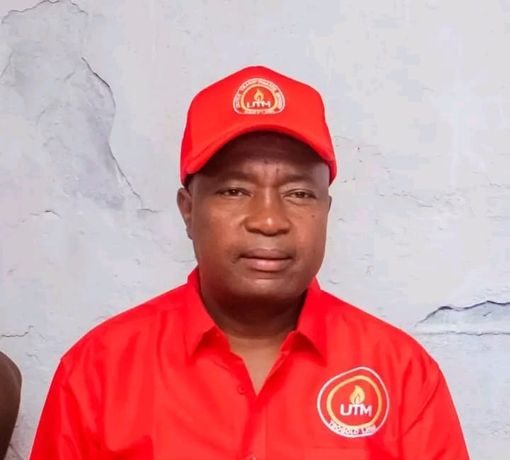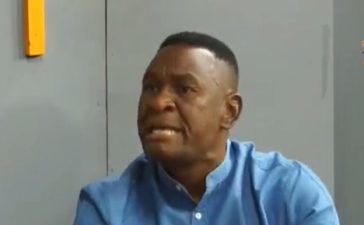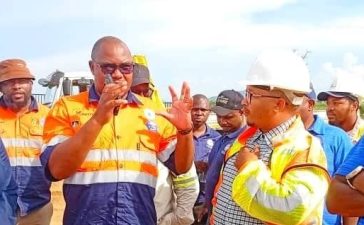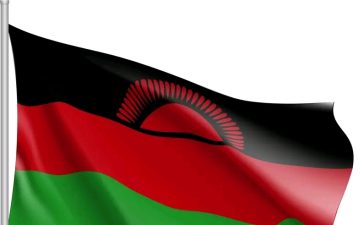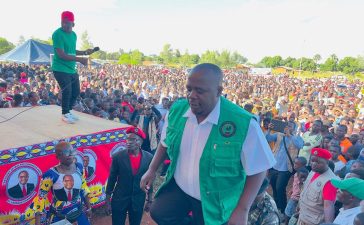Dalitso Kabambe, the presidential candidate for the United Transformation Party (UTM), is having a hard time defining his own political identity. Instead, he is heavily exploiting on the junior-level legacy of the late Saulos Chilima, the former Vice President.
Kabambe is struggling to gather crowds at his rallies and make a strong impact. In so doing, he is making one statement very clear: he is politically bankrupt, and that will be the nature of his own legacy.
Ukaipa dziwa nyimbo, so they say: To attract attention, he has started playing selected speeches of Chilima from a speaker mounted on a pickup truck that drives around town before his events. One popular speech features Chilima saying, “We will die for this national flag.” Kabambe also uses quotes from Chilima about the Tonse Alliance to stir nostalgia among voters.
Political analyst Chrispin Sauzande criticized Kabambe’s strategy. He believes that relying on the words of a long-gone politician who had his own legacy surviving brutal scrutiny amidst criminal accusations shows a lack of political maturity and an inability to present a unique vision.
“Using old speeches indicates a failure to create new ideas for the future. Real leadership should focus on present challenges and offer practical solutions, not just emotional appeals tied to past figures,” Sauzande explained.
Mary Mkandawire, another political analyst from Mzuzu, agreed with this view. She expressed concerns about Kabambe’s authenticity as a presidential candidate if he cannot stand on his own merits and must instead lean on the memory of someone else. “Voters want to see action and competency, not just admiration for the past,” said Mkandawire.
She also pointed out that Kabambe’s approach could be seen as disrespectful to Chilima’s family, who should have the space to mourn without his legacy being used for campaign purposes. Kabambe’s tactics suggest that he is struggling to define his vision for the country. If he wants to gain the trust of voters, he needs to shift his focus from relying on past leaders to developing his own ideas and policies for the future.

